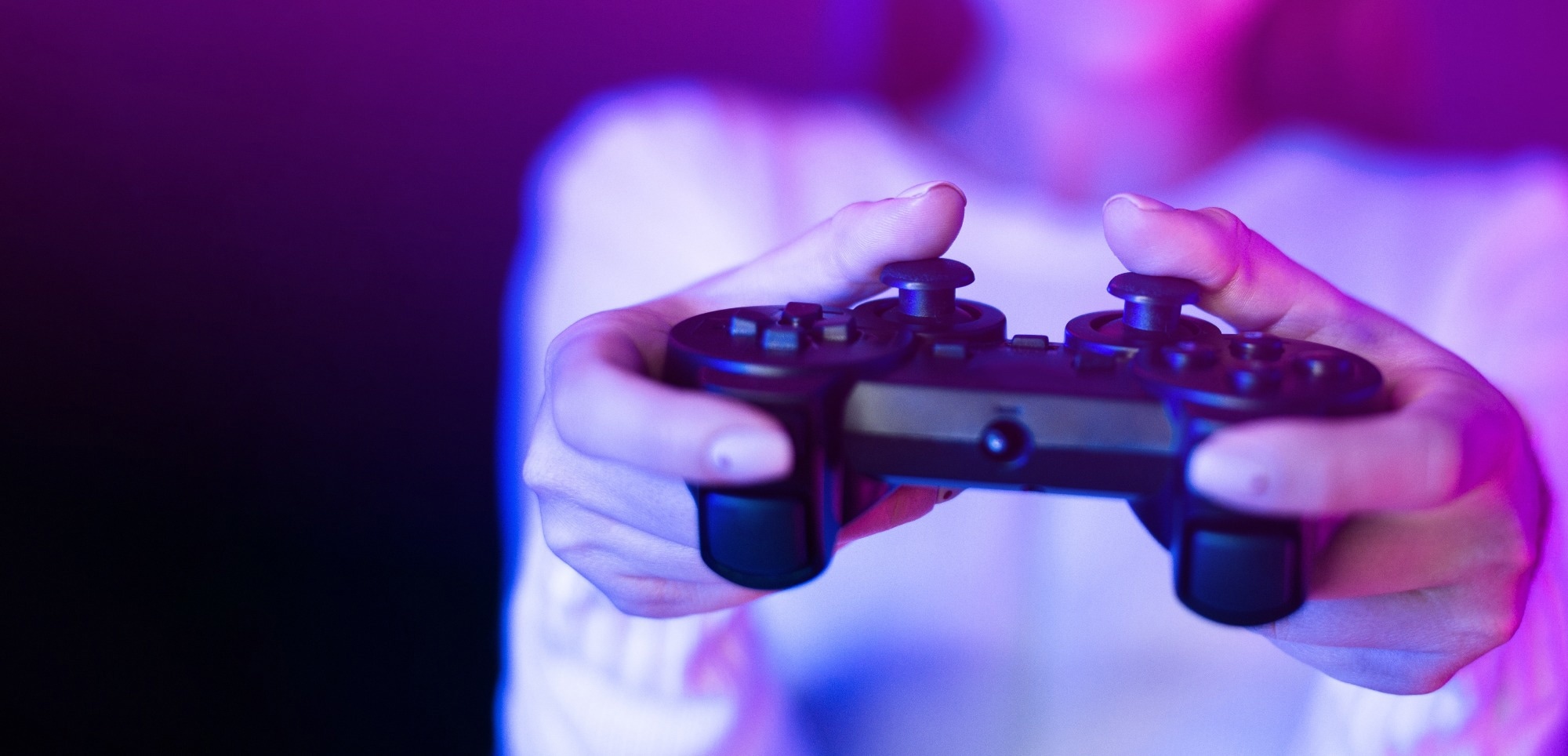Health
Study Reveals Risks of Wrist Fatigue in Esports Athletes

A recent study highlights the potential for long-term wrist injuries among esports athletes, as even seasoned players experience significant muscular fatigue during extended gaming sessions. The research, published in BMC Sports Science, Medicine and Rehabilitation, indicates that short breaks do not sufficiently alleviate stress on the wrist, which varies based on the genre of the game played.
Esports, which engage millions globally, especially among youth, demand rigorous training schedules, often ranging from 4 to 10 hours per day. This intensive practice is essential for competing in high-stakes tournaments. However, the combination of repetitive hand movements and prolonged periods of sitting raises concerns about musculoskeletal disorders (MSDs) similar to those faced in other fields requiring repetitive motion, such as computer work and piano playing.
The study involved 32 healthy male esports athletes with an average age of 24 years. Participants engaged in two competitive gaming sessions, each lasting between 90 and 120 minutes, with a 10-minute passive break in between. The researchers aimed to investigate how different game genres—specifically First-Person Shooters (FPS) and Multiplayer Online Battle Arena (MOBA) games—affect wrist fatigue and kinematics.
Muscle activity and wrist movements were analyzed through surface electromyography (EMG), focusing on the upper trapezius and wrist extensors. Findings revealed that fatigue increased over time, with a notable decline in the median frequency of EMG signals from both wrist extensors, dropping by approximately 3%-4%. This suggests a reduction in muscle performance due to fatigue, a concern for athletes who rely on precision and speed.
Interestingly, while the wrist extensors showed significant fatigue, changes in the trapezius muscle were less pronounced, possibly due to greater variability among individuals or the more significant role of wrist movements in esports. The study also noted that over 95% of the gaming time, the wrist joint remained in a neutral position, although this was less evident in FPS players compared to MOBA players.
The genre of the game played influenced the kinematics observed. FPS players typically exhibited greater hand acceleration and distance traveled, which may explain their increased risk of muscular fatigue. Despite the performance demands, the 10-minute breaks did not lead to a reduction in physical load or fatigue, indicating that more active recovery strategies could be beneficial.
The authors advocate for integrating regular, physically active breaks during gaming sessions to combat muscle fatigue and enhance cognitive function. They also recommend that esports athletes incorporate exercise into their daily routines to promote muscle health and mitigate the risk of MSDs.
While the study provides valuable insights, it is limited to male participants and features a higher number of MOBA players compared to FPS players, which may affect the generalizability of the results. Future research should explore these dynamics further, particularly regarding non-professional gamers and the long-term implications of repetitive wrist use in esports.
This study underscores the need for preventive strategies in esports, as the rising popularity of competitive gaming continues to influence health outcomes for athletes.
-

 Entertainment2 months ago
Entertainment2 months agoIconic 90s TV Show House Hits Market for £1.1 Million
-

 Lifestyle4 months ago
Lifestyle4 months agoMilk Bank Urges Mothers to Donate for Premature Babies’ Health
-

 Sports3 months ago
Sports3 months agoAlessia Russo Signs Long-Term Deal with Arsenal Ahead of WSL Season
-

 Lifestyle4 months ago
Lifestyle4 months agoShoppers Flock to Discounted Neck Pillow on Amazon for Travel Comfort
-

 Politics4 months ago
Politics4 months agoMuseums Body Critiques EHRC Proposals on Gender Facilities
-

 Business4 months ago
Business4 months agoTrump Visits Europe: Business, Politics, or Leisure?
-

 Lifestyle4 months ago
Lifestyle4 months agoJapanese Teen Sorato Shimizu Breaks U18 100m Record in 10 Seconds
-

 Politics4 months ago
Politics4 months agoCouple Shares Inspiring Love Story Defying Height Stereotypes
-

 World4 months ago
World4 months agoAnglian Water Raises Concerns Over Proposed AI Data Centre
-

 Sports4 months ago
Sports4 months agoBournemouth Dominates Everton with 3-0 Victory in Premier League Summer Series
-

 World4 months ago
World4 months agoWreckage of Missing Russian Passenger Plane Discovered in Flames
-

 Lifestyle4 months ago
Lifestyle4 months agoShoppers Rave About Roman’s £42 Midi Dress, Calling It ‘Elegant’









